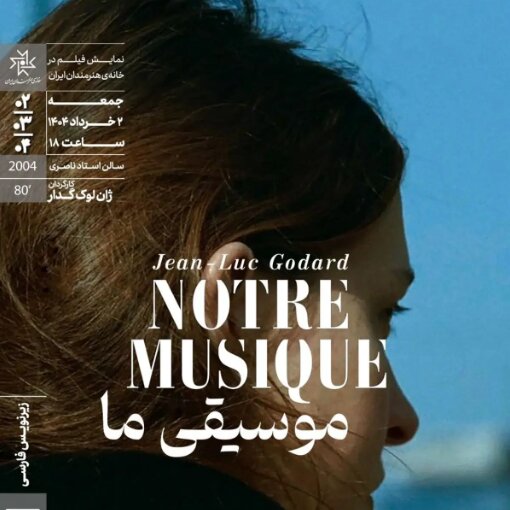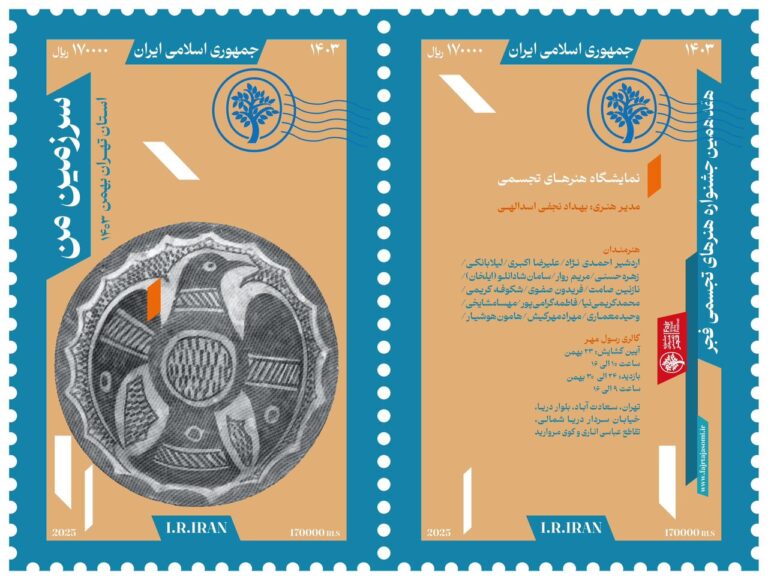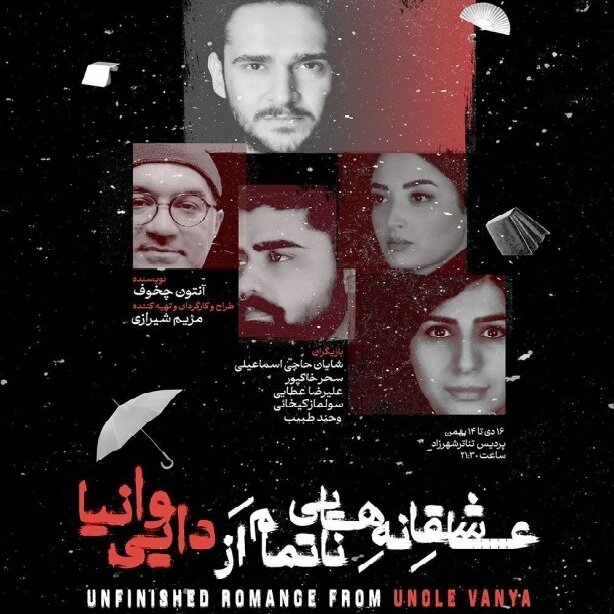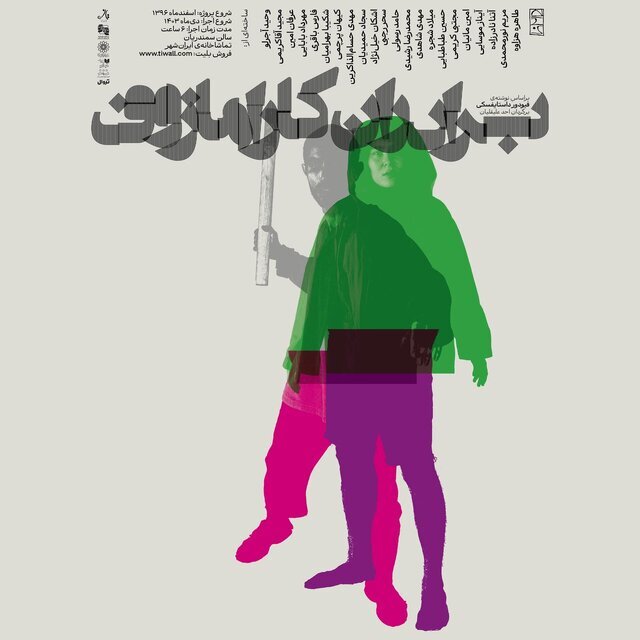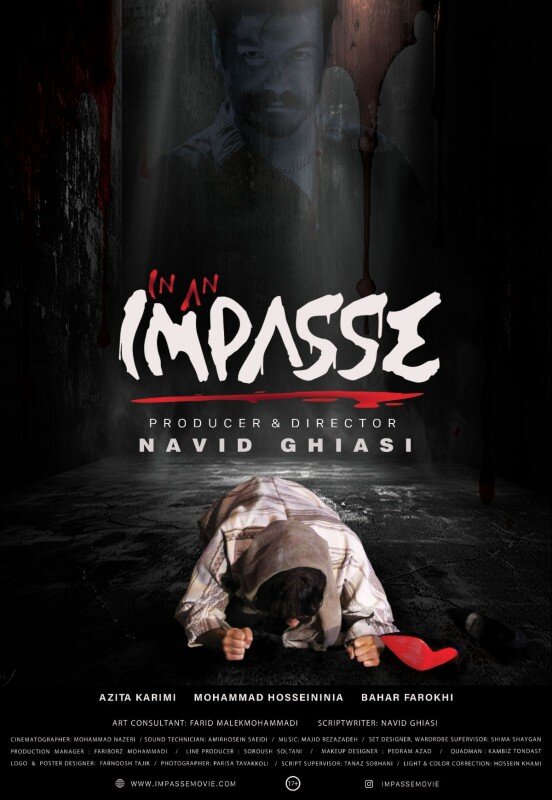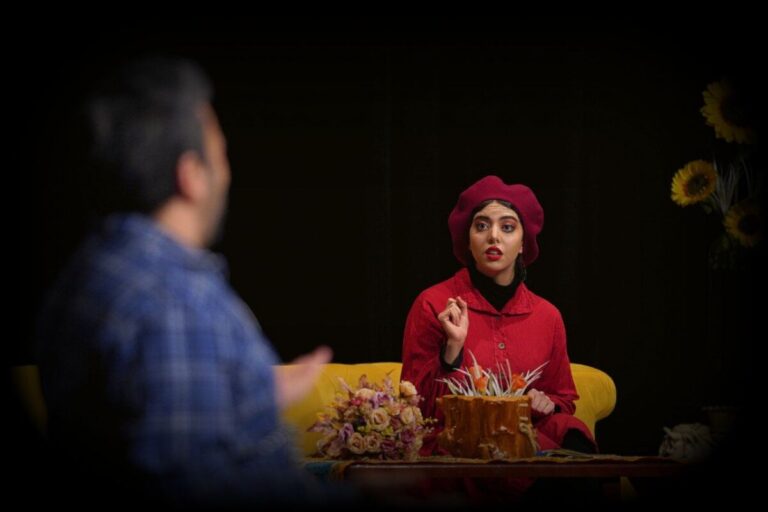Experience the Cinematic Genius of Jean-Luc Godard: IAF Presents ‘Our Music’
Experience the profound reflections on war and morality through Jean-Luc Godard’s 2004 film, “Our Music,” which will be screened at the Iranian Artists Forum (IAF) in Tehran. This thought-provoking film delves into the complexities of violence and representation, making it a must-see for cinephiles and those interested in sociopolitical themes.
The screening is scheduled for 6 p.m. on Friday at the Nasseri Hall of the IAF, and it will feature Persian subtitles, as reported by ILNA. “Our Music” is an 80-minute film structured into three chapters: Hell, Purgatory, and Paradise. Each chapter serves as a meditation on the city of Sarajevo in the aftermath of the Bosnian war, alongside reflections on Palestine, Israel, and the broader implications of war.
Godard’s film challenges viewers to confront themes of violence, morality, and the portrayal of conflict in cinema. It also addresses historical colonialism and the ongoing Israeli-Palestinian conflict. Notably, the film was screened out of competition at the prestigious 2004 Cannes Film Festival.
The film’s structure draws inspiration from Dante’s Divine Comedy, dividing its narrative into three distinct realms:
- Realm 1: Hell – This segment consists of a brief, non-narrative montage that combines appropriated documentary footage with fictional narratives. It focuses intensely on war, carnage, and the brutal realities of violence.
- Realm 2: Purgatory – This is the film’s core segment, where Godard plays himself. He finds himself waiting at an airport to attend a European arts conference in Sarajevo. During this time, he encounters various characters, including:
- Ramos Garcia – A nationalized French Israeli attending the conference as an interpreter, eager to reunite with his niece.
- Judith Lerner – A journalist from Tel Aviv who seeks an in-depth discussion with the French ambassador regarding Jewish-Palestinian relations.
- Olga Brodsky – The niece of Ramos, a French-speaking Jew of Russian descent, who attends Godard’s lecture on the relationship between image and text.
- Realm 3: Heaven – This brief postlude features Olga wandering through a serene lakeside environment, which is notably overseen by American marines.
In Purgatory, Godard critiques the conventional cinematic technique of “shot/reverse shot,” arguing that it oversimplifies character differences and can serve as a propaganda tool. He emphasizes the importance of recognizing individual perspectives in storytelling. The segment also explores heavy philosophical themes, including a discussion about the moral quandaries surrounding suicide between Olga and Ramos.
As the film progresses, Godard returns home to tend to his garden, but receives a shocking call from Ramos. He learns about a tragic incident involving a young woman who entered a theater proclaiming she had a bomb. In a desperate plea for peace between Israelis and Palestinians, she requested one person to die with her. The police intervened, resulting in her death. When her bag was examined, it contained only books, leading Ramos to suspect that the woman might have been Olga.
Jean-Luc Godard, who passed away in 2022, was a pivotal figure in the world of cinema. As a French and Swiss film director, screenwriter, and critic, he was a leading force in the French New Wave movement during the 1960s, alongside notable filmmakers such as François Truffaut, Agnès Varda, Éric Rohmer, and Jacques Demy. His influence on cinematic narrative and theory is profound, as he generated extensive critical analysis that reshaped the landscape of film criticism.
Godard’s contributions to cinema have challenged traditional norms and expanded the vocabulary of film analysis. His innovative approach earned him recognition, including an Academy Honorary Award in 2010, solidifying his legacy as one of the most influential filmmakers of the post-war era.
Don’t miss this opportunity to explore the intricate themes presented in “Our Music.” Join fellow film enthusiasts at the Iranian Artists Forum to engage with Godard’s powerful narrative and artistic vision.
